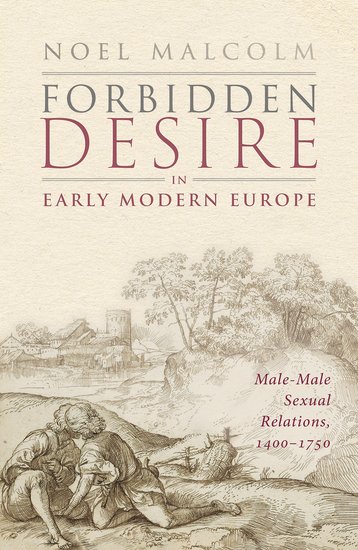Forbidden Desire in Early Modern Europe: Male-male sexual relations, 1400-1750
Oxford University Press, £25 hb, 608 pp
Sodomites and catamites
Do gay men have a history – and, if so, what is it? Historians have grappled with such questions ever since Michel Foucault first published his History of Sexuality in the 1970s. The stakes are high because they are political: at root, they contest nature versus nurture. We know that men who have sex with other men have existed in every past society. But were those men the same as modern homosexuals? Many contemporary gays claim them as forerunners – yet several scholars see modern homosexuality as, fundamentally, a creation of contemporary late-stage capitalism and a chronological and cultural anomaly, whose associated rights may prove equally ephemeral.
Continue reading for only $10 per month. Subscribe and gain full access to Australian Book Review. Already a subscriber? Sign in. If you need assistance, feel free to contact us.
















Comment (1)
Leave a comment
If you are an ABR subscriber, you will need to sign in to post a comment.
If you have forgotten your sign in details, or if you receive an error message when trying to submit your comment, please email your comment (and the name of the article to which it relates) to ABR Comments. We will review your comment and, subject to approval, we will post it under your name.
Please note that all comments must be approved by ABR and comply with our Terms & Conditions.